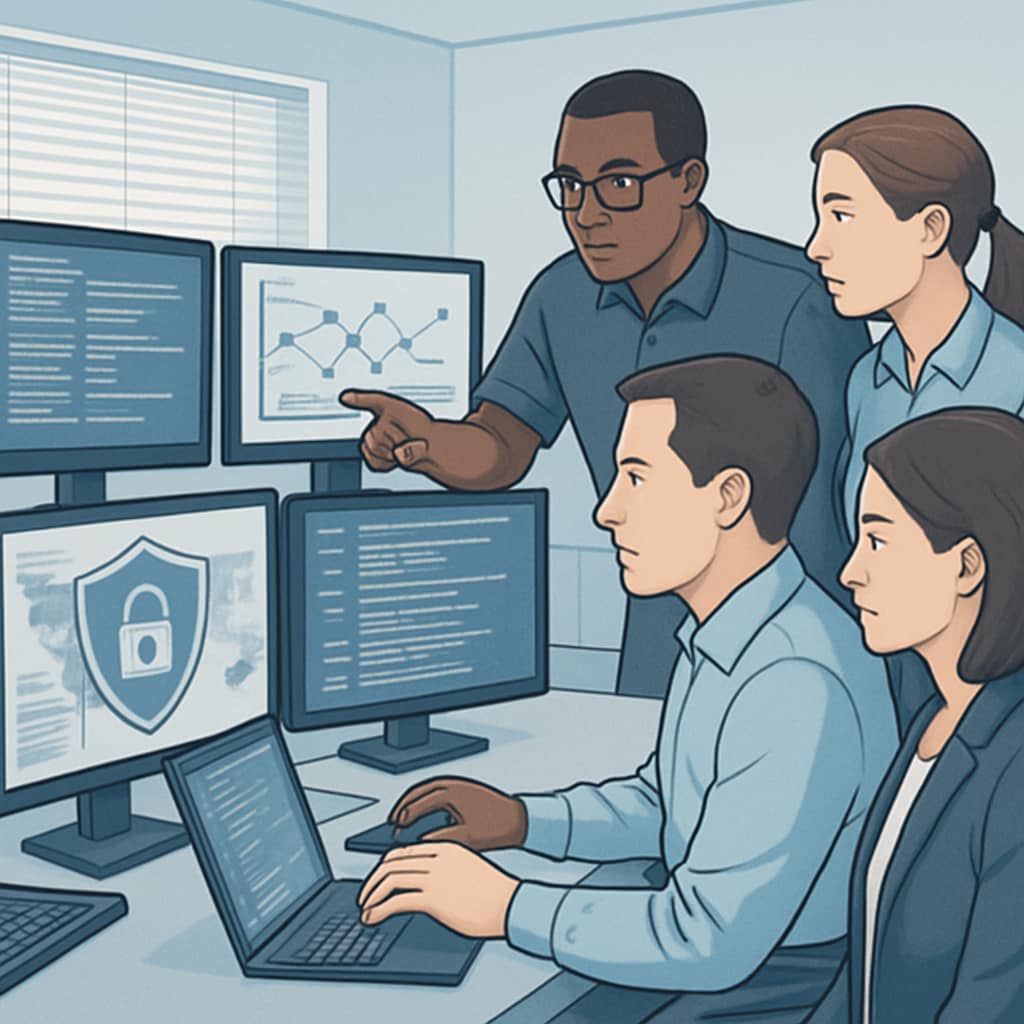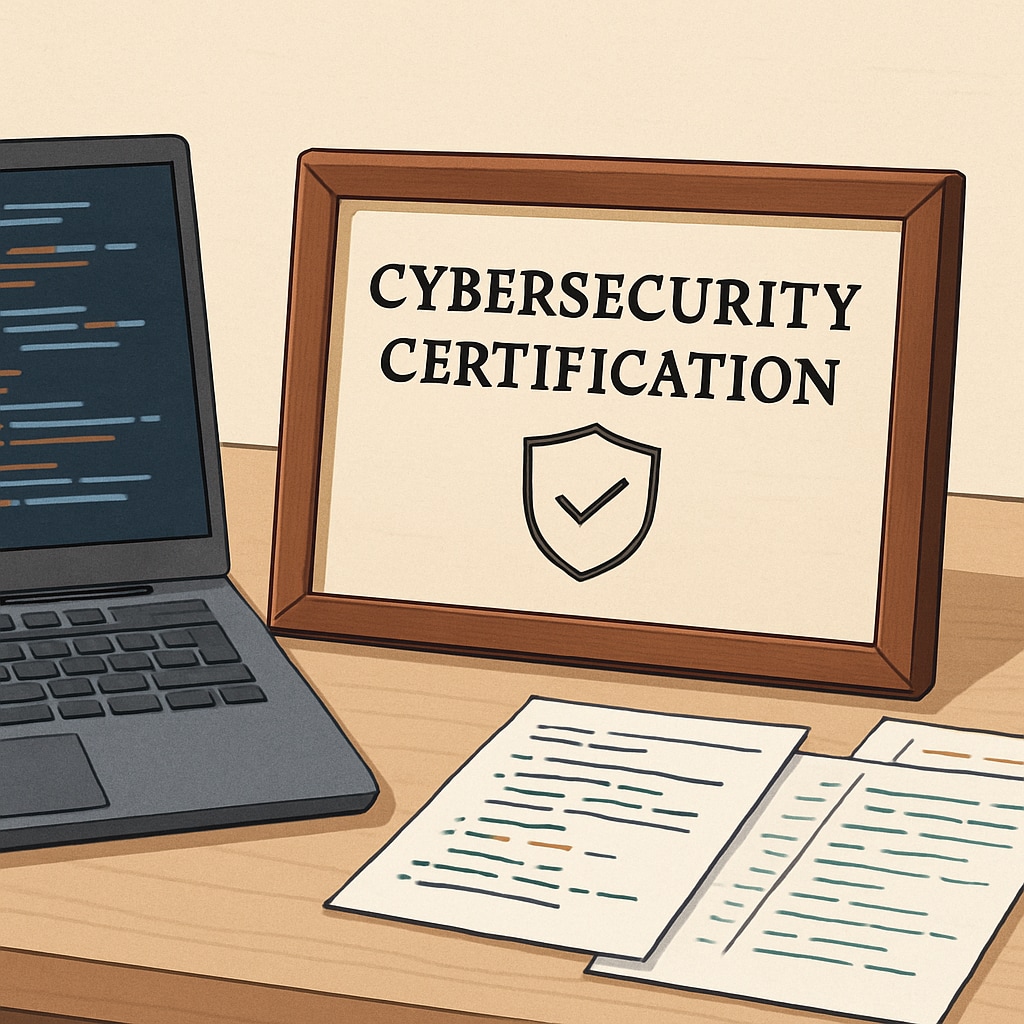Does university reputation significantly impact cybersecurity career prospects? For many aspiring professionals, this question looms large. While a prestigious university may open doors, the rapidly evolving cybersecurity field often prioritizes hands-on skills and certifications over academic pedigree. This article delves into the role of university reputation in cybersecurity employment, explores the weight of skills and certifications, and provides practical advice for those concerned about their “non-prestigious” alma mater.
The Role of University Reputation in Cybersecurity Careers
University reputation has long been a factor in job markets, but its influence varies across industries. In cybersecurity, where the demand for skilled professionals far exceeds the supply, the emphasis on academic prestige is diminishing. Employers are increasingly prioritizing candidates who can demonstrate real-world problem-solving capabilities and up-to-date knowledge of cybersecurity tools and frameworks.
For example, a graduate from a lesser-known university who holds a Certified Information Systems Security Professional (CISSP) credential may have an edge over an Ivy League graduate without similar certifications. Recruiters often look for tangible evidence of a candidate’s ability to protect sensitive data and systems, rather than being swayed solely by the university on a resume.

Skills and Certifications: The Real Currency in Cybersecurity
In the cybersecurity domain, practical skills and industry-recognized certifications often outweigh academic credentials. Certifications like CISSP, Certified Ethical Hacker (CEH), and CompTIA Security+ validate a candidate’s expertise and provide employers with confidence in their capabilities.
In addition to certifications, hands-on experience is invaluable. Many cybersecurity professionals build their skills through internships, online labs, or participation in “capture the flag” (CTF) competitions. Such activities not only enhance technical proficiency but also demonstrate initiative and passion—qualities that employers highly value.
Here’s a quick breakdown of essential certifications for aspiring cybersecurity professionals:
- CompTIA Security+: A foundational certification covering network security, compliance, and operational security.
- CISSP: A globally recognized credential for experienced professionals in information security.
- Certified Ethical Hacker (CEH): Focused on identifying and addressing vulnerabilities from a hacker’s perspective.
By acquiring these certifications, candidates can demonstrate expertise in areas that matter most to employers, irrespective of their university’s reputation.

Advice for Graduates from Non-Prestigious Universities
For those who worry about their university’s lack of prestige, there are actionable steps to level the playing field in the cybersecurity job market:
- Focus on Building Skills: Enroll in specialized bootcamps, complete online courses, and gain hands-on experience through platforms like TryHackMe and Hack The Box.
- Earn Industry Certifications: Select certifications that align with your career goals and showcase your expertise to potential employers.
- Network Strategically: Attend cybersecurity conferences, participate in forums like Reddit’s r/cybersecurity, and leverage LinkedIn to connect with industry professionals.
- Craft a Strong Portfolio: Create a GitHub repository or personal website to showcase your projects, such as penetration tests or secure app designs.
By emphasizing skills, certifications, and networking, graduates from lesser-known institutions can prove their competence and stand out in the competitive cybersecurity job market.
The Verdict: Skills Trump Pedigree in Cybersecurity
While university reputation can provide a slight advantage, it is far from the deciding factor in cybersecurity careers. Employers in this field prioritize problem-solving abilities, hands-on experience, and certifications over academic prestige. For aspiring professionals, the emphasis should be on continuous learning, skill development, and showcasing expertise through real-world projects.
Ultimately, the cybersecurity industry rewards those who can adapt to its dynamic challenges. Whether you graduated from a top-tier university or a lesser-known institution, your career success will be determined by your ability to demonstrate value, solve problems, and stay ahead of threats in an ever-evolving digital landscape.
Readability guidance: Short paragraphs and lists are used to enhance readability. Transition words like “however” and “for example” improve flow. Passive voice is minimized, and complex sentences are avoided to ensure clarity.


